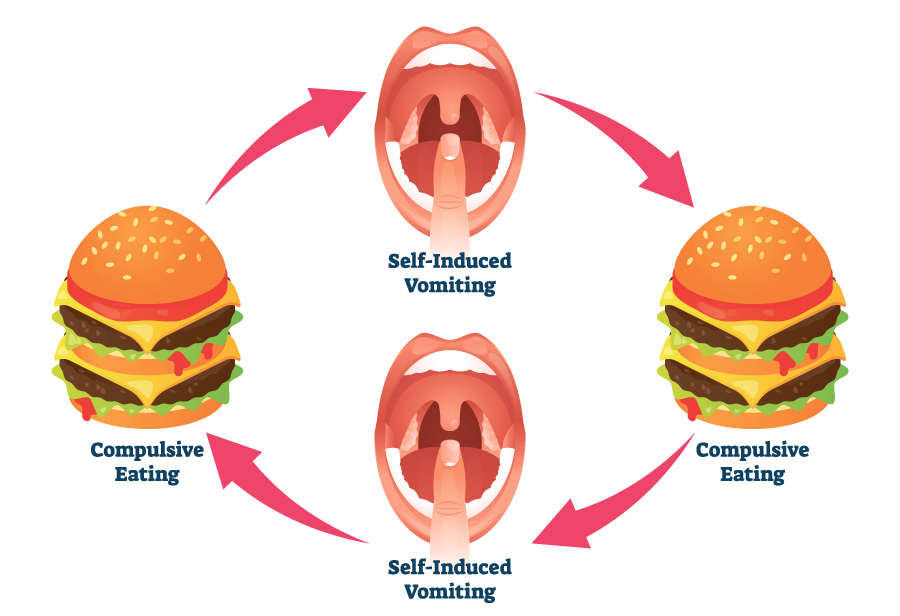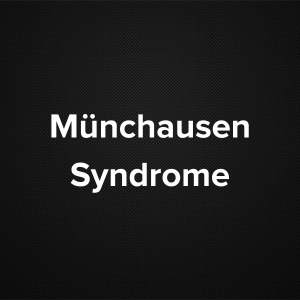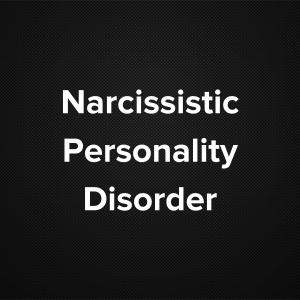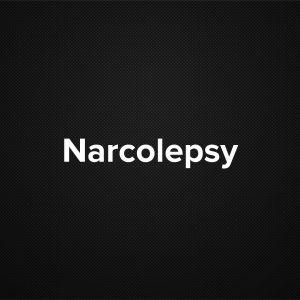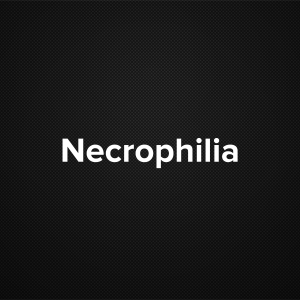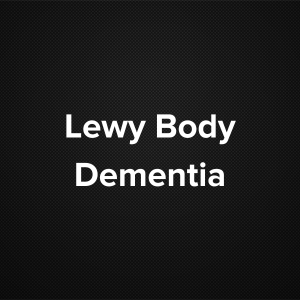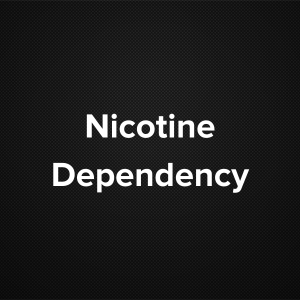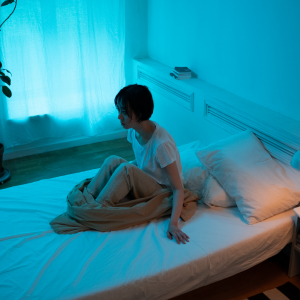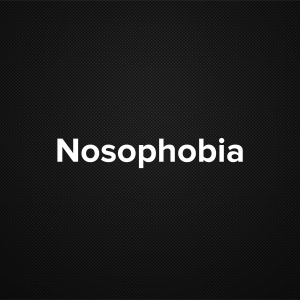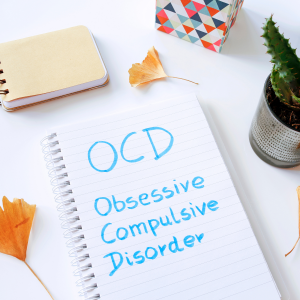Causes and risk factors
Bulimia is often accompanied by other psychiatric disorders like mood disorder, depression, anxiety neurosis, substance disorder, OCD. Women are nine times more likely to suffer than men. Among women adolescent girls are more prone to this disorder. Hormonal imbalance, PCOD are some of the predisposing factors for bulimia. Social causes such as an attempt to acquire an ideal shape can lead to the disorder.
Clinical presentation
Extreme consciousness of weight, low blood pressure, low self esteem, depression, irregular menstrual cycle, repeated visits to bathroom are some of the pointers to bulimia. Episodes of bulimia repeat several times in a week or in severe cases in a day. Person suffers from gastric reflux, oesophagitis, oral trauma, dehydration, electrolytic imbalance, hypokalemia due to vomiting, delayed emptying i.e. gastro paresis, constipation, swollen salivary glands, in the long term dental erosion, infertility, and peptic ulcers can occur.
Two types of bulimia occur – purging and non – purging. In Purging, the patient induces vomiting by consuming emetics, while in non purging type he indulges in heavy exercise or strict dieting or fasting in order to lose weight.
Investigation
Medical history by the patient and Clinical examination by the doctor helps in diagnosis. Patient between 13 to 20 years of age, patient with history of obesity is likely to suffer from this disorder. Episodes of binge eating compensated for excessive measures to avoid gaining weight is the criteria for bulimia nervosa.
Treatment
Psychotherapy, medications like anti-depressants along with treatment for accompanying psychiatric disorder help in treating bulimia nervosa.
Other Modes of treatment
The other modes of treatment can also be effective in treating bulimia nervosa. Homoeopathy is a science which deals with individualization considers a person in a holistic way. This science can be helpful in combating the symptoms. Similarly the ayurvedic system of medicine which uses herbal medicines and synthetic derivates are also found to be effective in treating bulimia nervosa
Recent updates
Researchers have found an association of bulimia with epilepsy and medicines used for epilepsy proved to be useful in treating bulimia.
